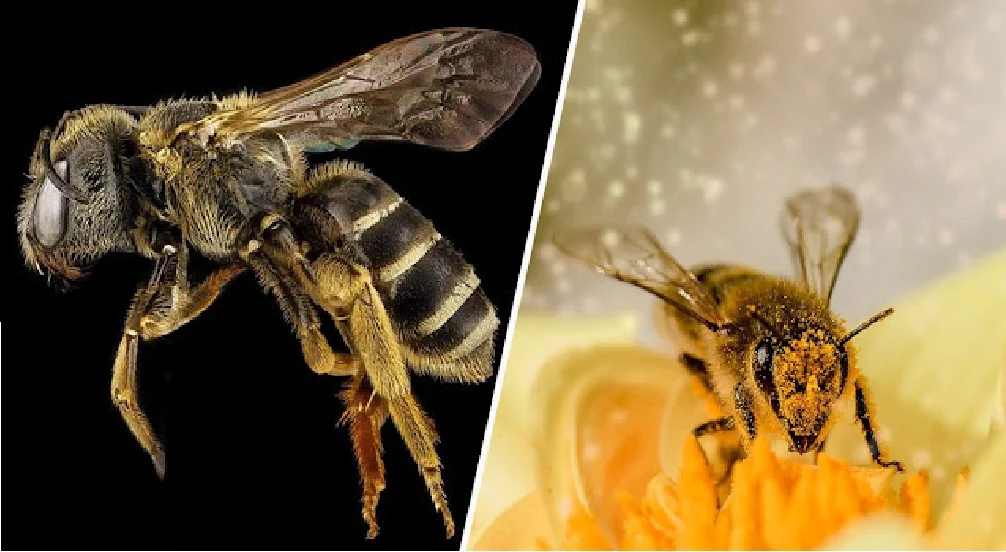
In a groundbreaking recognition of their ecological significance, bees have been declared the most important living beings on the planet. This declaration underscores the critical role bees play in maintaining biodiversity, supporting agriculture, and sustaining ecosystems worldwide.
The Importance of Bees
Pollination Powerhouses
Bees are essential pollinators, responsible for pollinating about 75% of the world’s flowering plants and nearly 35% of global food crops. This includes many fruits, vegetables, nuts, and seeds that are vital to human nutrition and food security. Their pollination activities directly impact agricultural productivity and biodiversity.
Ecosystem Support
Beyond agriculture, bees play a crucial role in natural ecosystems. They help maintain the health of plants that provide food and habitat for other wildlife, supporting the intricate web of life that sustains healthy ecosystems. This includes wildflowers, trees, and shrubs that are foundational to many natural habitats.
Threats to Bee Populations
Pesticides and Chemicals
One of the significant threats to bee populations is the widespread use of pesticides and other agricultural chemicals. These substances can be toxic to bees, affecting their health, behavior, and survival. Neonicotinoids, in particular, have been linked to declines in bee populations globally.
Habitat Loss
Urbanization, deforestation, and agricultural expansion have led to significant habitat loss for bees. The destruction of natural habitats reduces the availability of food sources and nesting sites, making it difficult for bee populations to thrive.
Climate Change
Climate change poses another major threat to bees. Changes in temperature and weather patterns can disrupt the timing of flowering plants and the availability of nectar and pollen. Extreme weather events, such as droughts and floods, further impact bee populations and their ability to find suitable habitats.
Conservation Efforts
Protecting Habitats
Efforts to protect and restore bee habitats are crucial for their conservation. This includes creating and preserving wildflower meadows, planting diverse crops, and establishing green spaces in urban areas. Habitat corridors can also help connect fragmented landscapes, allowing bees to forage and nest more effectively.
Reducing Pesticide Use
Reducing the use of harmful pesticides and adopting bee-friendly farming practices are essential steps in protecting bee populations. Integrated pest management (IPM) and organic farming methods can minimize the impact of chemicals on bees while maintaining agricultural productivity.
Public Awareness and Education
Raising public awareness about the importance of bees and the threats they face is vital for their conservation. Educational campaigns and community initiatives can encourage people to create bee-friendly environments, support local beekeepers, and advocate for policies that protect pollinators.
Scientific Research and Innovation
Monitoring Bee Health
Ongoing scientific research is critical to understanding bee health and the factors affecting their populations. This includes monitoring bee populations, studying the effects of pesticides, and investigating diseases and parasites that impact bees. Advanced technologies, such as satellite imaging and genetic analysis, are being used to gain deeper insights into bee ecology.
Innovative Solutions
Innovative solutions, such as the development of bee-friendly pesticides, artificial habitats, and robotic pollinators, are being explored to support bee conservation. These innovations aim to mitigate the challenges bees face and ensure their continued role in pollination and ecosystem health.
Conclusion
The declaration of bees as the most important living beings on the planet highlights their critical role in sustaining biodiversity, agriculture, and ecosystems. Addressing the threats to bee populations through conservation efforts, scientific research, and public awareness is essential for protecting these vital pollinators. As we work to safeguard bees, we ensure the health and resilience of our natural world and the continued provision of the ecosystem services they provid
